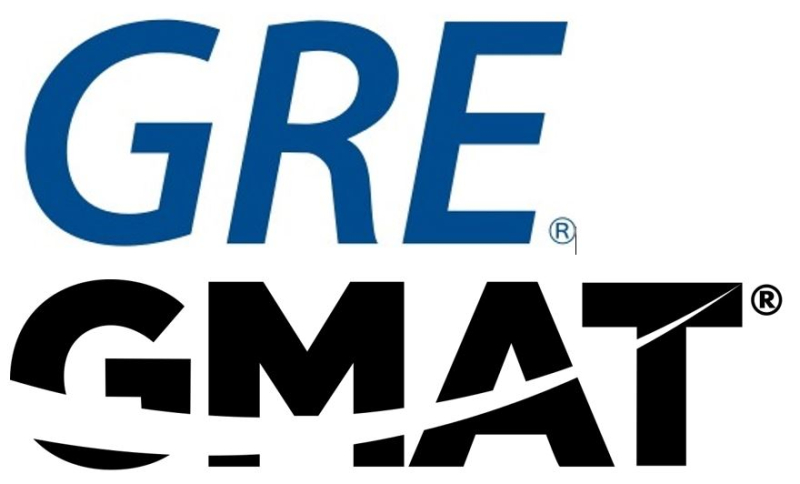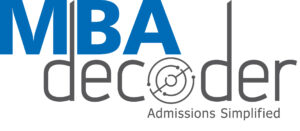
One of the major changes Covid-19 brought to the MBA application process is that many b-schools waived off the standardized test scores requirement.
With the onset of Covid-19 and its associated lockdowns, it became a health hazard across the world for applicants to take the GMAT/GRE at the test centres. While both tests quickly went online, they were still not accessible by all applicants.
The test waivers that were started two years ago by several MBA programs have been extended to the 2022-23 application cycle as well.
How good an idea is it to get a GMAT/GRE test waiver?
All these years, the admissions committees across b-schools have mandated the standardized test scores and used them to assess skills such as quantitative aptitude, analytical ability, and English language capability as these point to your potential to succeed during the MBA program.
Even if b-schools waive off the tests for you, they will still need to scrutinize these capabilities, but through other parts of your application. So, it makes sense to ask for a waiver only if you have an exceptionally strong academic background and a quantitative element to your work.
Some b-schools accept the Executive assessment (EA) score instead of the GMAT/ GRE, so this could be an option for specifically the older applicants.
Some b-schools also allow you to submit your expired GMAT/GRS scores in your test waiver application.
Consider these two as added data points you could provide to the admissions committee when asking for a GMAT/GRE test waiver.
The Benefits of taking GMAT/GRE as opposed to going test-free:
- There are some big benefits of taking the GMAT or the GRE. For one, if you have not performed well academically during undergrad, then a high GMAT score can offset the low GPA and prove that you are academically ready for the MBA program.
- GMAT/ GRE scores also help to benchmark applicants who work in industries or job roles that do not require quantitative work, or those applicants who did not study math or business courses during their undergrad.
- Moreover, employers specifically from industries such as consulting, and banking expect to see GMAT scores as part of their internship and full-time recruitment process.
- Some b-schools consider the GMAT/ GRE scores while making decisions for scholarships, so not presenting a score can keep you out of the funding consideration.
- If you belong to an over-represented pool or are an international applicant, then it’s always a good idea to submit the GMAT/GRE test scores. For both these categories of applicants, gaining the slightest edge in the application process matters and a high test score can provide you that much needed competitive advantage.
Common Requirements for Granting Waivers
While b-schools have set their own requirements for granting test waivers, here is a broad list across the two categories- academic and professional.
Academic Requirements:
- High scores (cumulative GPA of 3.1 and above on a 4 point scale) in undergrad
- Degrees in majors such as business administration, engineering, science, technology, and maths (STEM)
- Coursework in quantitatively rigorous subjects like statistics, calculus, accounting, finance, advanced math or sciences.
- Professional certifications such as CA, CFA, CPA
- Advanced degrees such as JD, MD, PhD or MS degree in STEM
Work Requirements:
- A certain number of years’ full-time work experience (ca vary from 3 to 5 years) which demonstrates quantitative or analytical aptitude.
- Military experience
- Have professional experience in a STEM-related field
Read the next article to know which programs have offered the GMAT/GRE test waiver for the 2022-2023 application cycle
